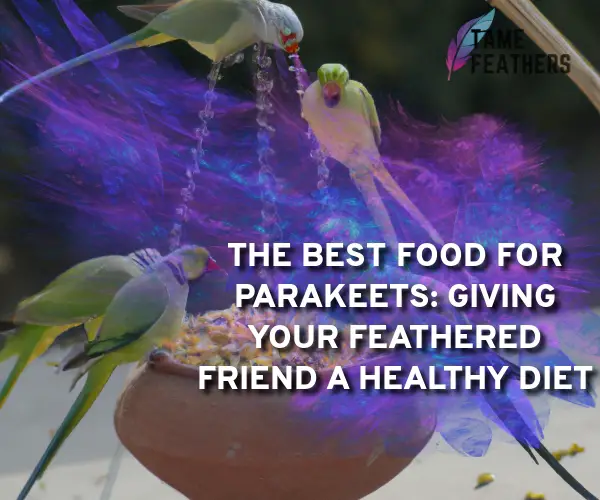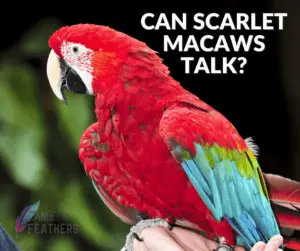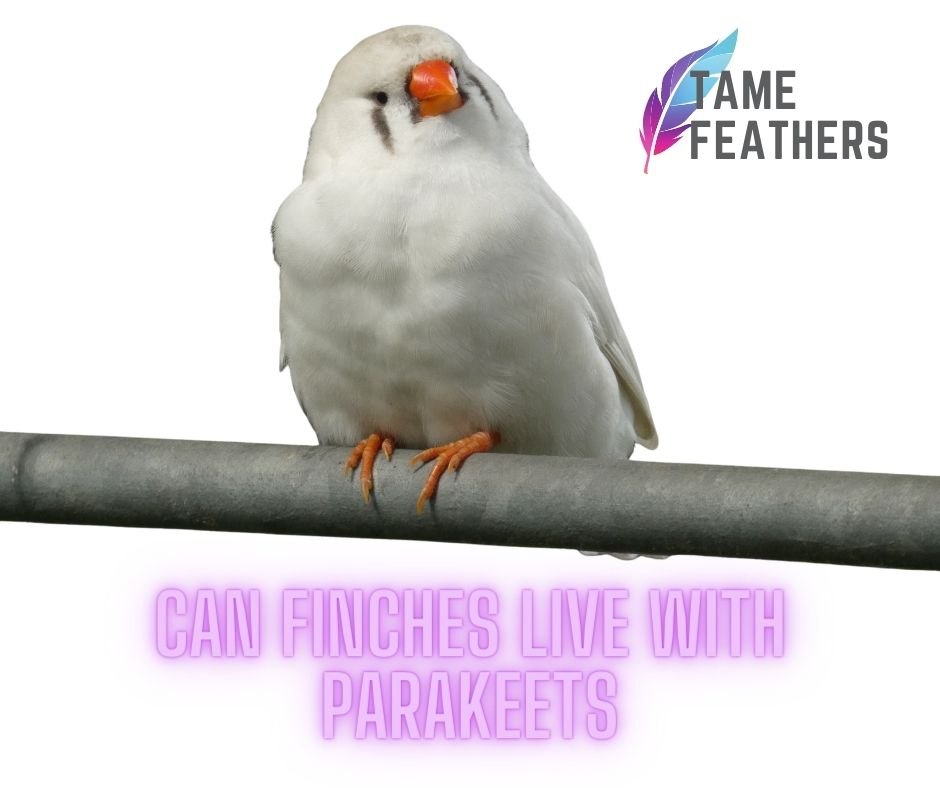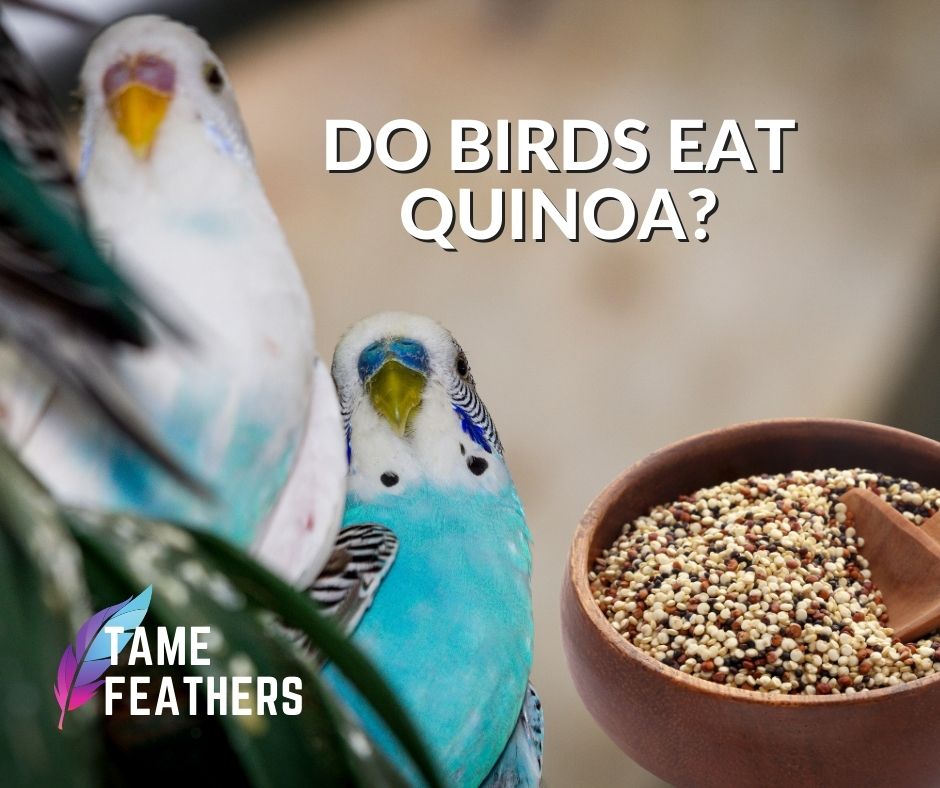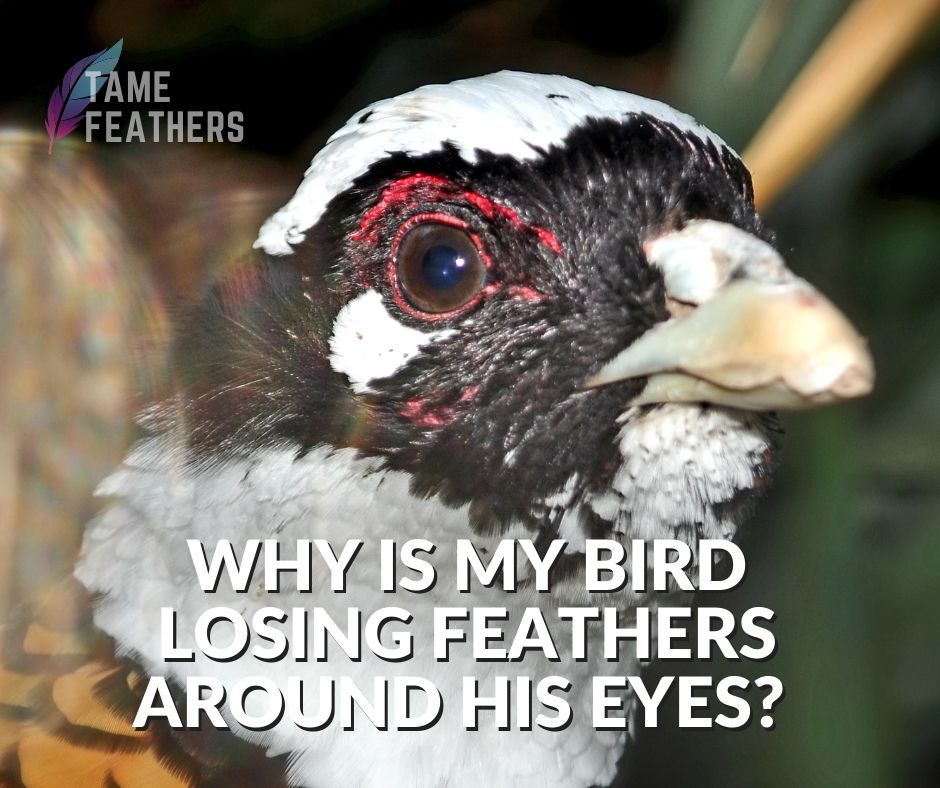A Variety of Seeds
The majority of your parakeet’s food ought to be comprised of seeds. There is a wide range of options to choose from, including millet and canary seed in addition to sunflower and safflower seeds. Be sure to provide them with a variety of foods so that they can acquire all of the necessary nutrients. It is not necessary to purchase expensive combinations that incorporate dried fruits or other additives because they can get all of the nourishment they need from simple seeds.It is essential that you keep a close eye on the amount of food that your parakeet consumes on a daily basis. Consuming an excessive amount of seeds can cause obesity in birds, which is hazardous to their overall health. Just enough food should be given to ensure that all of it is consumed before more is added to the dish.
Fruits & Vegetables
Fruits and vegetables are crucial parts of a well-balanced diet for parakeets, just like they are for humans. You should provide your pet bird with a variety of foods, such as apples, oranges, peas, carrots, corn, spinach leaves, and so on; however, you should steer clear of anything that has a high sugar content, such as grapes or bananas, since these can create digestive troubles if consumed on a regular basis. Reduce any larger parts to manageable bite-sized chunks by chopping them into smaller pieces. They will appreciate this.It is possible to give your feathered friend vitamin-fortified bird pellets in addition to fresh fruits and vegetables; doing so will guarantee that your feathered friend receives all of the essential vitamins and minerals for maintaining a healthy body.
Herbs & Greens
Herbs, in addition to fruits and vegetables, are also excellent suppliers of several vital nutrients. Parsley is highly recommended because it is rich in vitamin A, which helps maintain healthy bones in birds; dandelion greens (but not those found on lawns that have been treated with pesticides) are an excellent source of iron, and basil is an excellent source of calcium. All of these items contribute to the overall health and happiness of parakeets. However, it is important to keep in mind that birds can experience digestive issues if they consume an excessive amount of green food.Grow some edible plants such as grasses or clover indoors, where it is safe from the outdoor predators; this way, you’ll always have sufficient of it on hand for whenever you might need it. The additional perk of this activity is the entertainment value of watching your feathery friends glean their delectable treats straight from the potting soil.
.
Proteins & Grains
Protein should be provided once or twice a week in modest quantities, such as egg whites that have been boiled (but not the yolks), beans that have been cooked (but the sauce should be rinsed off), or lean meats such as chicken breast that does not have its skin or fat attached. Whole grains, such as oatmeal, are an excellent source of the B vitamins, which not only assist in keeping feathers looking shiny and bright but also assist in keeping energy levels stable throughout the day.Trending
When providing pet birds with proteins or grains, it is imperative that there are no moldy particles in the food, as these could be toxic to the birds if they were to consume them.
.
Treats
Parrots love treats! It goes without saying that selecting appropriate snacks requires special care; you should steer clear of processed sugary foods like chocolate biscuits because they will do nothing to improve their health in the long run. Instead, go for items that are better for you, such as nuts (preferably unsalted!), dried fruit bits, or even crumbled toast dusted with cinnamon… Small quantities sufficient!.Always check the labels before giving away goodies, as certain goods may include components that are poisonous or detrimental to animals (such as the skins or stones of avocados, for example). Be sure to never give your feathery friend any human medication however, since this could potentially be harmful for them if they were to consume it. Experience the fun of engaging with one another while looking for new favorites among their assortment of treats!

